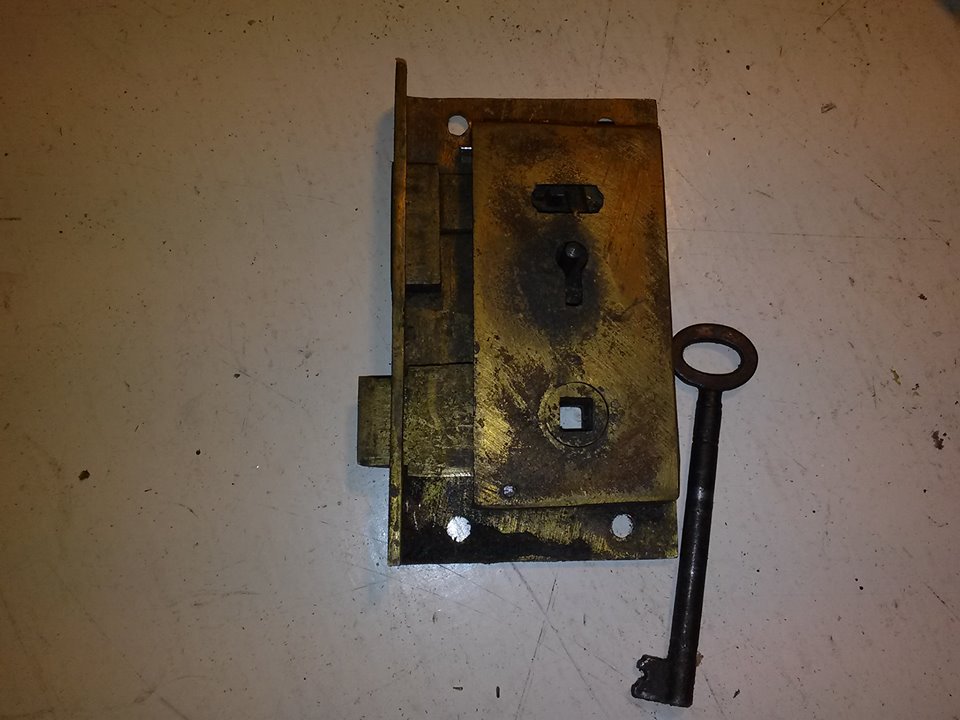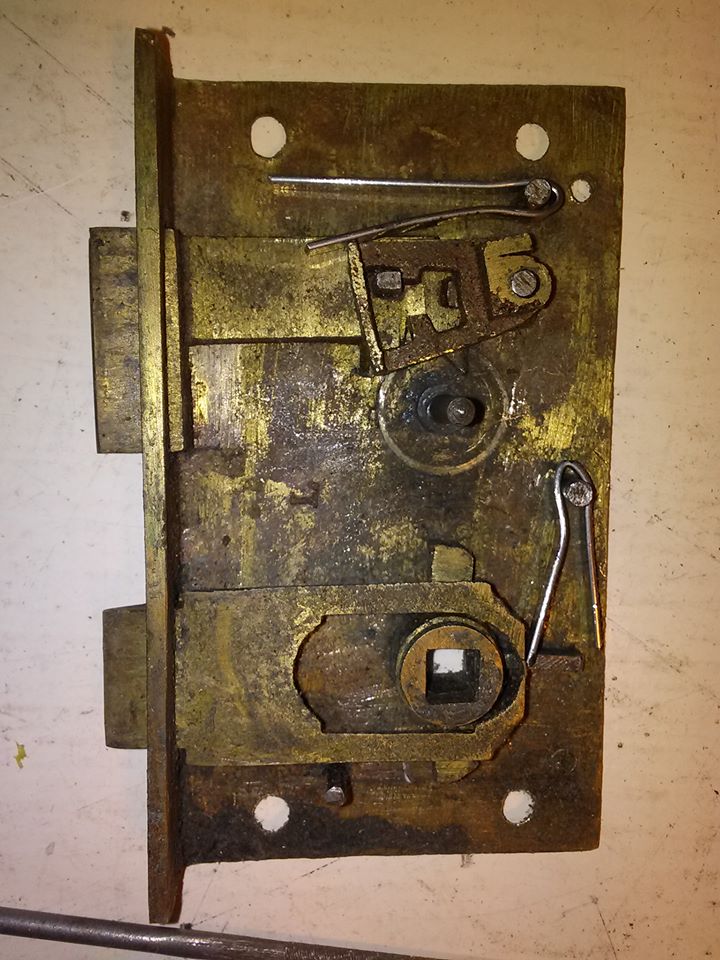A customer asked me if getting a peep hole installed would introduce a security risk to his home. He’d read about people getting shot through their doors when they go to look through their peep holes, or burglars using them to get at the deadbolt’s thumb turn.
Suspecting that was a bunch of hooey, I went searching online for evidence of this. I couldn’t find a single article citing these dangers that didn’t also recommend a product that was appreciably more expensive than a peep hole. It’s just another case of vendors of unnecessary junk trying to scare us into buying their wares.
Peep holes are fine. If you’re aware that there’s someone out there so intent upon doing you in that getting shot at through your front door is a legitimate concern, maybe you should reevaluate how you’re living your life. And if a burglar wanted to gain access to the inside part of your deadbolt through a tiny hole in the door, wouldn’t it be easier to just drill a new one closer to the lock than to futz around with the removal of a peephole? Or better yet, couldn’t he just kick your door in? Most doors can be kicked in.
We don’t live in an action movie universe. A clutch of ninjas isn’t going to come to your door to assassinate you, and international sex traffickers aren’t going to steal you from your suburban home. (I realize that “clutch” is the collective noun for chickens, but I think it works pretty well for ninjas, too.) What IS going to happen is your mother-in-law is going to show up unannounced, expecting to be let in. And your attractive neighbor might knock on your door to ask if it’s okay to block your driveway for a few minutes. In these cases, it will be nice to know who’s at the door so you can decide whether it’s appropriate to pretend you’re not home (mother-in-law) or to throw on a baseball cap so it’s not so obvious you haven’t showered yet even though the day is half over (neighbor).
Sure, there are a few dangerous people out in the world. It’s best to try not to draw their attention or their ire. Maybe we should even take a few measures to prevent them from breezing into our homes. But we can’t live in fear of all the crazy things that might happen. Get yourself some homeowner’s or renter’s insurance, put a reasonable deadbolt on your door (installed with long screws to prevent kick-ins), be good to people, and sleep soundly. You’ll be fine. Also, tell your mother-in-law to call first. If she doesn’t listen, get yourself a peep hole.

 Commercial
Commercial 



